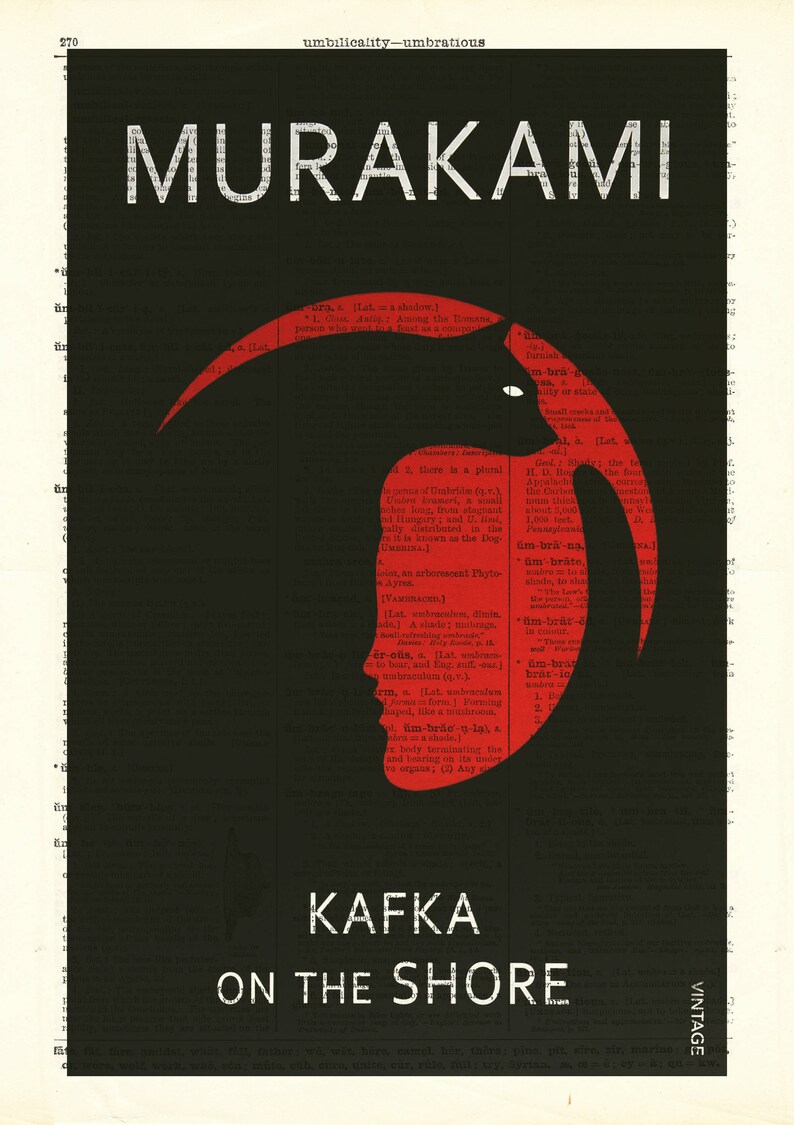

Psychologically, most of us tend to think that maybe we won’t achieve most of our dreams in the future and that we are limited due to the unpleasant experiences we’ve had in our childhood. This is a stage that we all go through, specifically when we have entered adulthood. He constantly wonders what his future will be like, and if it has already been determined by the past. However, Kafka’s world is so complicated with overwhelming thoughts about his life and origins that we can’t help but relate. Nakata is as empty as a blank canvas, picking things up from the people he meets, with no judgments, opinions, or attachments. Their different journeys teach us so much about our nature as human beings. They both start their journeys in completely different poles, repeatedly drawn back to one another through their actions. It seems that Nakata’s only mission throughout the whole book is to help Kafka understand what he really wants from life. There’s the present and an alter parallel reality that connects Kafka to Nakata, an old man who talks to cats and who lost his wits when he and his classmates lost consciousness during a school outing in the hills. All the time while you’re reading the book, you get the feeling that he (and you, the reader) are being pulled out by two parts of a rope. One is made of his consciousness and the other is made of his unconsciousness. Kafka is bound to be living in two different dimensions. That’s because the book is led by a dream-like narrative.

You cannot rationalize while reading “Kafka on the Shore.” You simply get exhausted if you try. It sometimes pushes us to do our best, whereas sometimes it really brings out the deepest, darkest corners of our selves.

Soon, we understand that, in fact, the boy named Crow is to Kafka the same as the inner voice that we have inside our heads. The book starts off with “The boy named Crow” telling him to toughen up, as he has got to be the bravest 15-year-old on the planet. Kafka Tamura is a young boy who runs away from home to escape from his father’s oedipal prophecy. It’s like you want to make sure you memorize the plot because, basically, most of your life seems reminiscent of what happens in the book. I read the book twice, holding my breath and turning the pages many times to see if I really understood the context. My perspective on “Kafka on the Shore” particularly was mixed. Even when he’s asked in many interviews about the meaning behind his characters or quotes, Murakami prefers to leave interpretation to the reader’s perspective. And that’s exactly what makes him so intriguing.

The author manages to win many people’s hearts, although he does not always provide clear endings or interpretations of his writings. “Kafka on the Shore” is one of Murakami’s most famous novels.


 0 kommentar(er)
0 kommentar(er)
